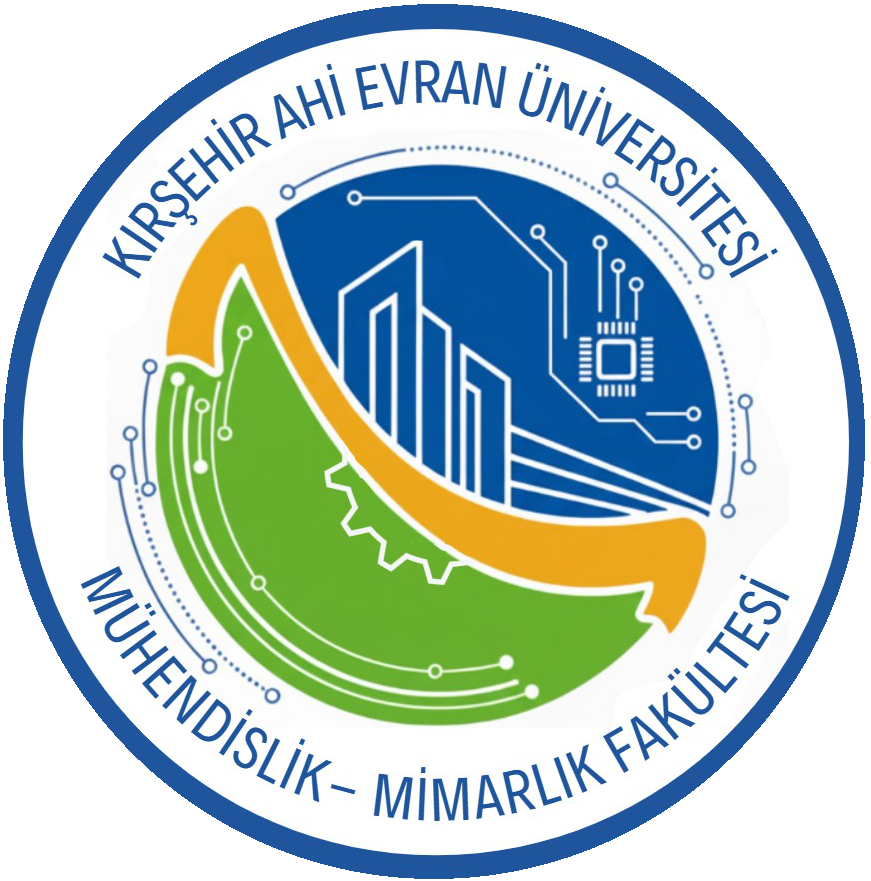About
Definition
Genetics and Bioengineering is a scientific discipline that focuses on examining biological mechanisms through engineering applications, integrating the outcomes with engineering fields, and producing new technologies. Graduates are awarded the title of "Genetics and Bioengineer." The program duration is four years, and students are admitted based on the MF-3 score type.
General Information
Students in the Genetics and Bioengineering program receive comprehensive training not only in biology-based courses but also in fundamental sciences such as Chemistry, Physics, Mathematics, and Thermodynamics. Additionally, they study a variety of unique and highly interdisciplinary subjects, including Biotechnology, Biomedical Technology, Molecular Genetics, Neurobiology, Tissue Engineering, Bioinformatics, and Pharmacology. Therefore, Genetics and Bioengineering is a multidisciplinary field with broad areas of study and application.
The primary goal of Genetics and Bioengineering is to conduct research and development (R&D). Bioengineers focus on the artificial generation of biological systems and processes and transferring this data to related fields such as biomedical, biotechnology, and molecular genetics. Due to its multidisciplinary nature, Genetics and Bioengineering requires well-equipped laboratory infrastructure.
Our Mission
Our mission is to train individuals who possess strong analytical and observational skills, can identify and solve problems, have learned the principles and applications of fundamental and applied sciences, and can establish connections between disciplines and apply this knowledge effectively. We aim to nurture individuals who can develop projects, adapt to advancements in the scientific world, and are ethical, honest, hardworking, and productive.
Fields of Work
As one of the professions of the future, Genetics and Bioengineering offers opportunities in various multidisciplinary fields both in Turkey and globally. These include:
- Medicine: Personalized drug design, genomic therapies, artificial tissues and organs, stem cells, anti-cancer and anti-aging research, cloning, molecular biology, biochemistry, microbiology, forensic medicine, bioprocess studies, etc.
- Pharmacy: Drug design, pharmacogenetics, vaccine and immunogenetics studies, etc.
- Biomedical Technology: Development, modification, maintenance, and marketing of devices, instruments, and biological kits.
- Agriculture: Pest control, cultivation of medicinal and aromatic plants, adaptation of plants to different conditions, extraction of diverse products from plants, climate control studies, etc.
- Biotechnology: Defence, food production, biomaterials development, nanobiotechnology, biofuels, genetically modified organisms (GMOs), etc.
Graduates can pursue academic careers in universities and research institutes, as well as public and private sectors. Additionally, they contribute to the advancement of science and technology in Turkey by developing innovations, patents, and commercial products, and by working in public or private institutions, thereby contributing to the country’s economy.
